Every nook and cranny of India holds history and is at the heart of so many forgotten and untold stories. During my not-so-frequent visits to Kolkata I often find myself wandering into a sweetmeat shop for some mishit. Little did I know that these shops are soaked in history dating back to pre-independence.
In my recent conversation with Kolkata’s infamous Jashoda Mistanna Bhandar's manager Jagesh Mohan kaku he narrated a story that his father told him when he was younger – It was the year 1930 when these words 'Bengali sweets dispatched' created quite the flutter. India was at the peak of the Quit India movement and social reformer and lawyer Chettur Sankaran Nair, who openly accused Lieutenant General Michael O’Dwyer for the Jallianwala Bagh massacre was about to host a party. Weeks before the gettogether, the police intercepted a telegram, a red alert was issued thinking the sweets were bombs. Until the package arrived with sweet delicious rosogollas. 'It is said that the rosogollas were made by the same cooks who were later hired by Lt. Shankar Chandra Poddar who founded the sweetshop in 1935.
Legend has it that many sweetmeat shops helped revolutionaries continue the disobedience movement using different foods as the way to communicate with each other. Mithaiwalas became safe havens for these men and women.
Let’s take a trip down some of India’s oldest sweetmeat shops, predating the Independence of our country.
K. C. Das, Kolkata
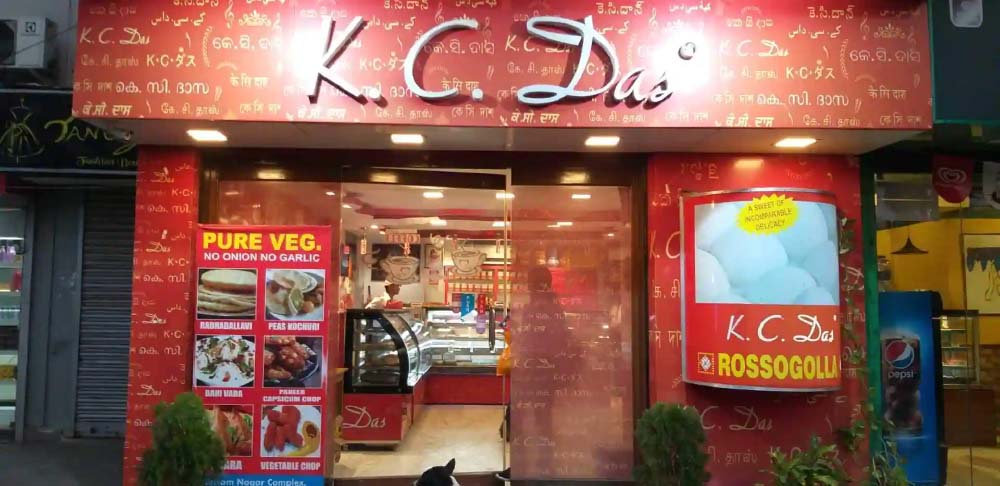
They pride themselves to be the inventors of rosogolla. When asked if it was true, Mr Dhiman Das couldn’t hold his laughter and proudly said, 'Nobel laureate Rabindranath Tagore only had rosogollas from us.' Nobin Chandra Das was the pioneer of authentic Bengali sweets, he started his own sweet shop in 1868, and they were also the first in Kolkata to start selling canned rosogollas.
Punjabi Ghasitaram Halwai, Mumbai
In 1947 the partition forced Ghasitaram Bajaj to abandon his 31-year-old sweet and farsan shop, Ghasitaram Devidattaram, on Taboot Lane in Karachi. Leaving everything behind, he fled with his family to Amritsar and took refuge at his uncle's place until he could stand on his feet again. When nothing clicked, he moved to Bombay in 1951 with his wife, Krishnavati, and 22-year-old son Govardhandas and started his journey all over again. Today Vippan Bajaj and his son Kunal are carrying forward his legacy.
Ram Asrey Halwai, Lucknow
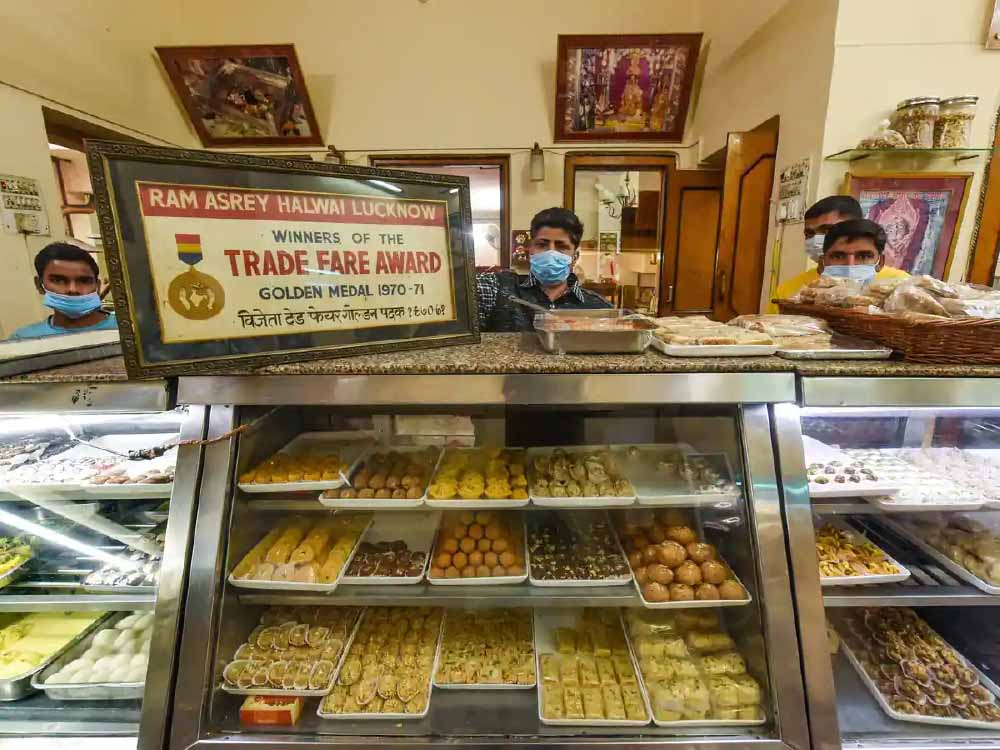
From Jawaharlal Nehru to Atal Bihar Vajpayee, this halwai in Lucknow has been enticing people for over 200 years now. Behari Gupta, who is the fifth generation of the family said, 'Jawaharlal Nehru and Indira Gandhi loved chane kaa nukaal and whenever they came to Lucknow they would seek our sweets.'
Bhagat Halwai, Agra
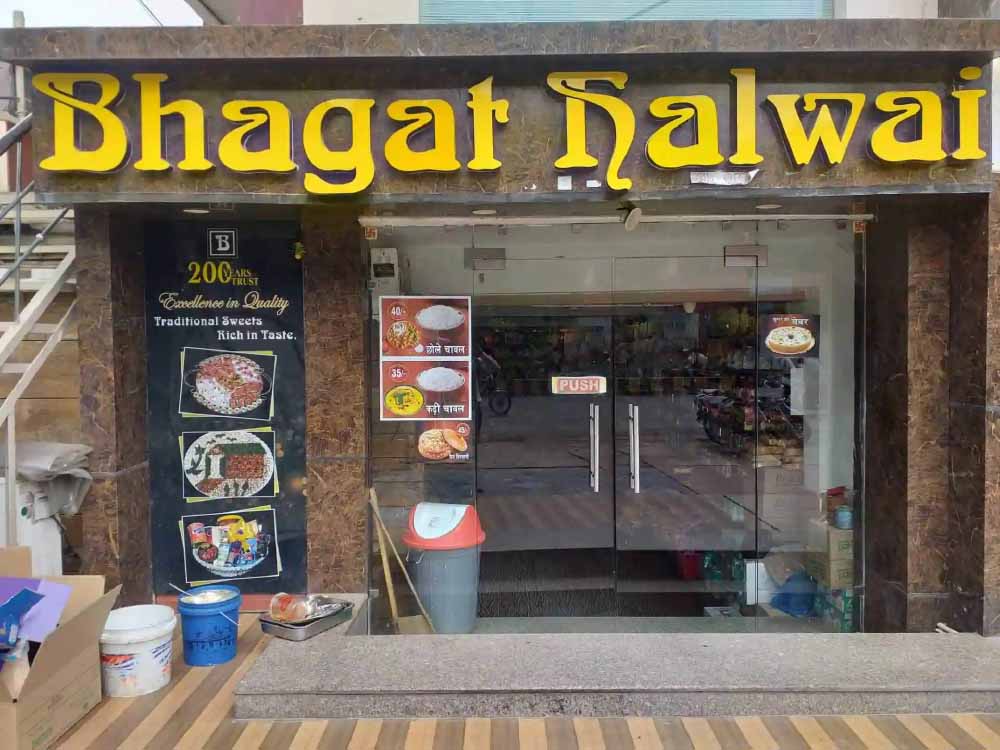
Located in the shadow of the Taj Mahal in Agra, Bhagat Halwai has been around since the Mughal era of Indian history. It was founded in the year 1795, by Lekh Raj Bhagat. Bhagat Halwai is renowned for their barfis, jalebis, rabri and sabzi-puri.
Dotivala Bakers & Confectioners, Surat
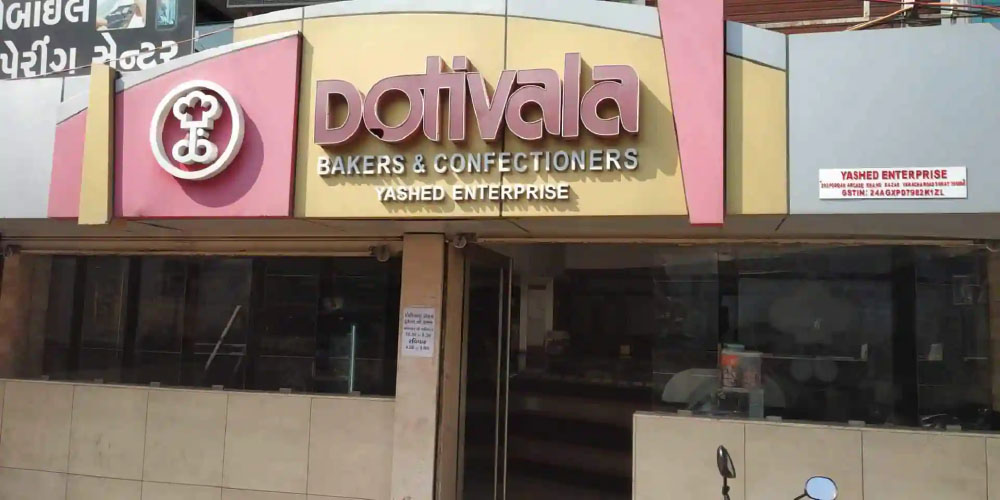
This Parsi bakery was established in the 1700s by Faramji Pestonji Dotivala. A repurposed warehouse established during the Dutch reign in India, left in the care of Dotivala, one of five Parsi employees appointed by the Dutch. Still run by the 6th generation of the family, the Dotivala Bakers and Confectioners have managed to retain their old charm.
Kanwarji Dal Biji Wala, Delhi
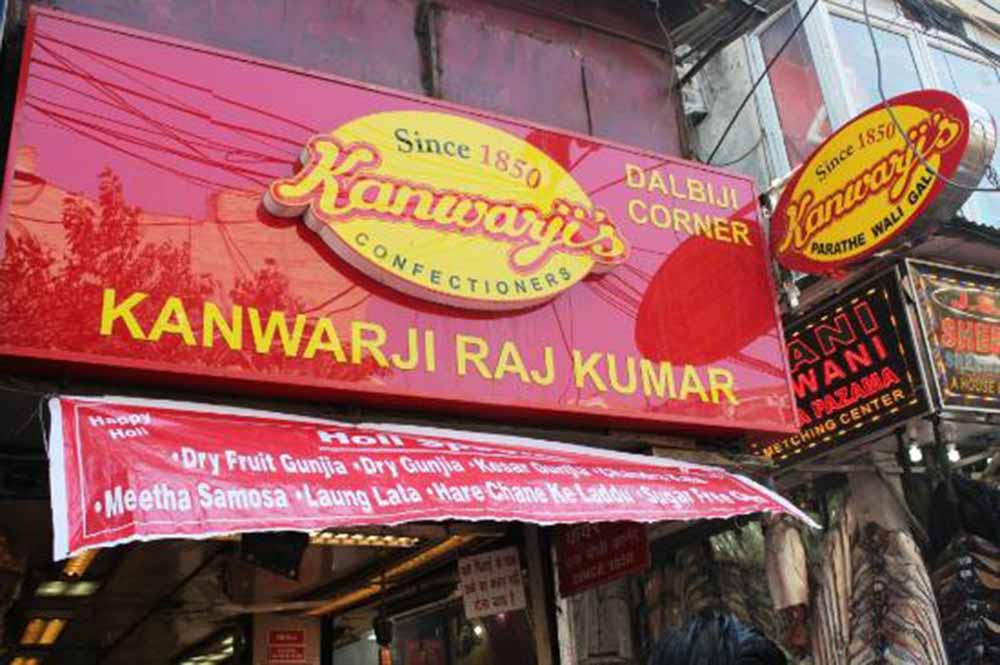
Kanwarmo Dalbijiwala was established in the 1850 by Lala Kanwarsain Ji. It was he who created the ‘Dalbiji’. The family’s recipe has remained a secret and passed on from generation to generation.